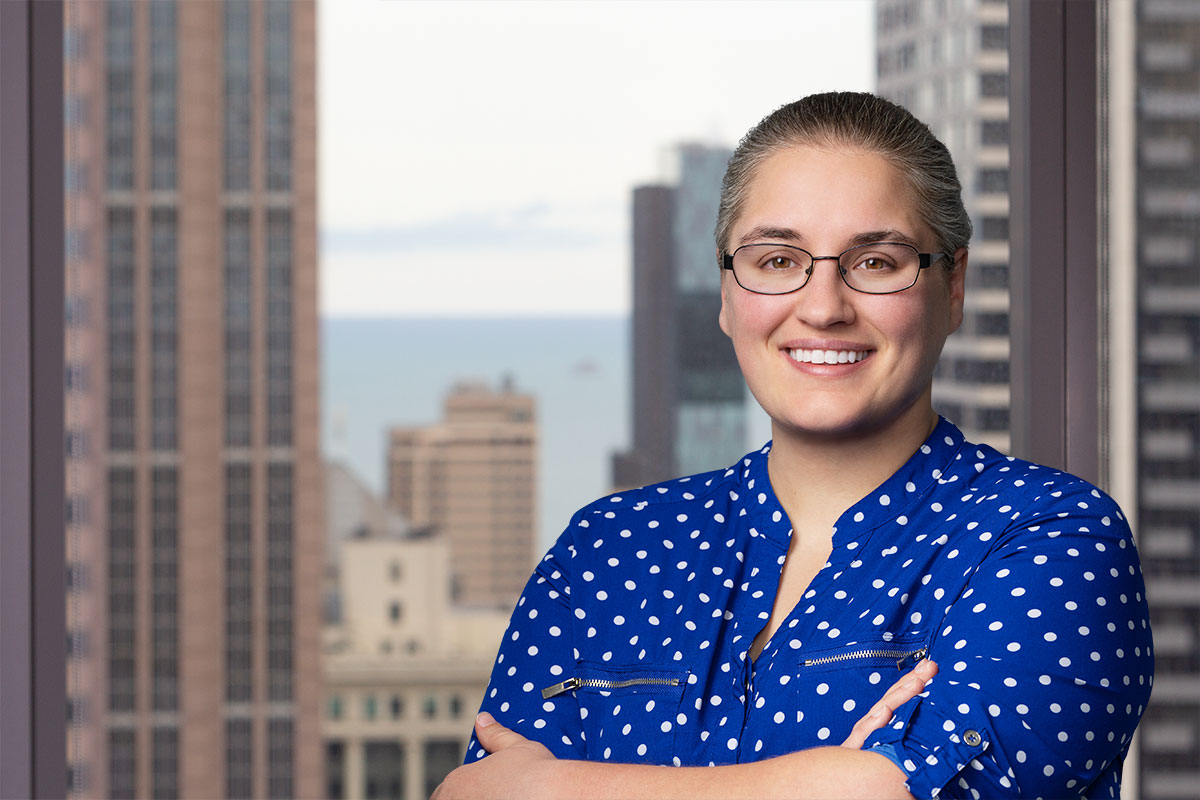Sara Ghadiri is a passionate advocate for people who cannot use their voice in the American legal system. The daughter of an immigrant father, she grew up traveling back and forth between two continents, two cultures, and several languages. Navigating these cultural differences gave her a deep appreciation for justice because she saw first-hand how culture, language, and tradition shape the rule of law differently in different places—and how these systems can leave some people behind.
Sara sees her legal experience as a kind of language fluency, and she does pro bono work to help people who don’t speak “legalese” access the justice system that requires it. The skills she acquired going between different cultures as a child motivated her to apply the same methods in her approach to the law: she is a translator, a storyteller, and a voice for people whose voices are not being heard.
 |
|
Sara Ghadiri, Pro Bono Counsel |
After leaving her litigation and regulatory practice, Sara now serves as Chapman’s Pro Bono Counsel. We asked her to tell us more about some of her recent pro bono work and why it is so important.
What motivated you to take on the role of Pro Bono Counsel at Chapman?
As a summer associate at Chapman, I had the opportunity to work on pro bono cases; in fact, I remember the first one I helped with, which was for a man from Cote d’Ivoire who was seeking asylum based on political persecution. After that experience, I was hooked. I worked in the legal clinic at my law school doing more immigration work, and from then on, I was committed to making pro bono a major part of my practice as an attorney. As I got more senior at the firm, I started taking more cases, and ended up co-writing a law that I learned needed to be changed through my pro bono work. The firm noticed all of the good that I was doing and needed a leader in this space, and I was very happy to step in.
Why focus on asylum seekers, immigrants, and refugees?
I come from a family of immigrants. While the story of immigrants is certainly not universal, it is a community that understands that we have to help each other. When my dad arrived in 1977, he spoke almost no English. He depended on the kindness of both friends and strangers to help him figure out his new country. I am a big believer in paying kindness forward, understanding that had others not helped us to where we are, we would not be here. I feel like I can relate particularly well to asylum seekers, immigrants, and refugees because I know some of the challenges they face, and I am delighted that I get to be the helper for them, just like someone else was the helper for my dad.
What is a project you are working on currently?
Chapman is proud to support the Afghan Asylum Pro Se+ Project. Launched by the American Bar Association Commission on Immigration and refugee assistance agency HIAS, the program provides limited pro se representation for people from Afghanistan seeking asylum in the United States. We have a long-standing partnership with HIAS and to date, has assisted 36 Afghan evacuees in the US with applying for asylum through the Pro Se+ Project. I was interviewed by HIAS about the program, which you can read here. This has also been a great way to get our financial institution clients involved in the work we are doing. To date, we have been able to partner with four of our financial institution clients to accelerate our impact and help more of our Afghan allies.
Why is that work so important?
While some Afghans who fled to the US for safety are eligible for Special Immigrant Visas or other immigration benefits, many have no choice but to apply for asylum and prove that they have a fear of harm or death if they must return to Afghanistan. The asylum process is complicated and daunting, even for attorneys, and for people who may not speak English, may not have had access to education, or may not have a computer, it is incredibly difficult. It is up to the private bar to meet the need of thousands of people who risk removal from the US in Fall 2023 if their applications are not filed and adjudicated before then. Our attorneys and client partners have stepped up to bridge this gap and team up with our legal aid organization partners to represent evacuees throughout the country to give them a pathway to permanency in the US.

